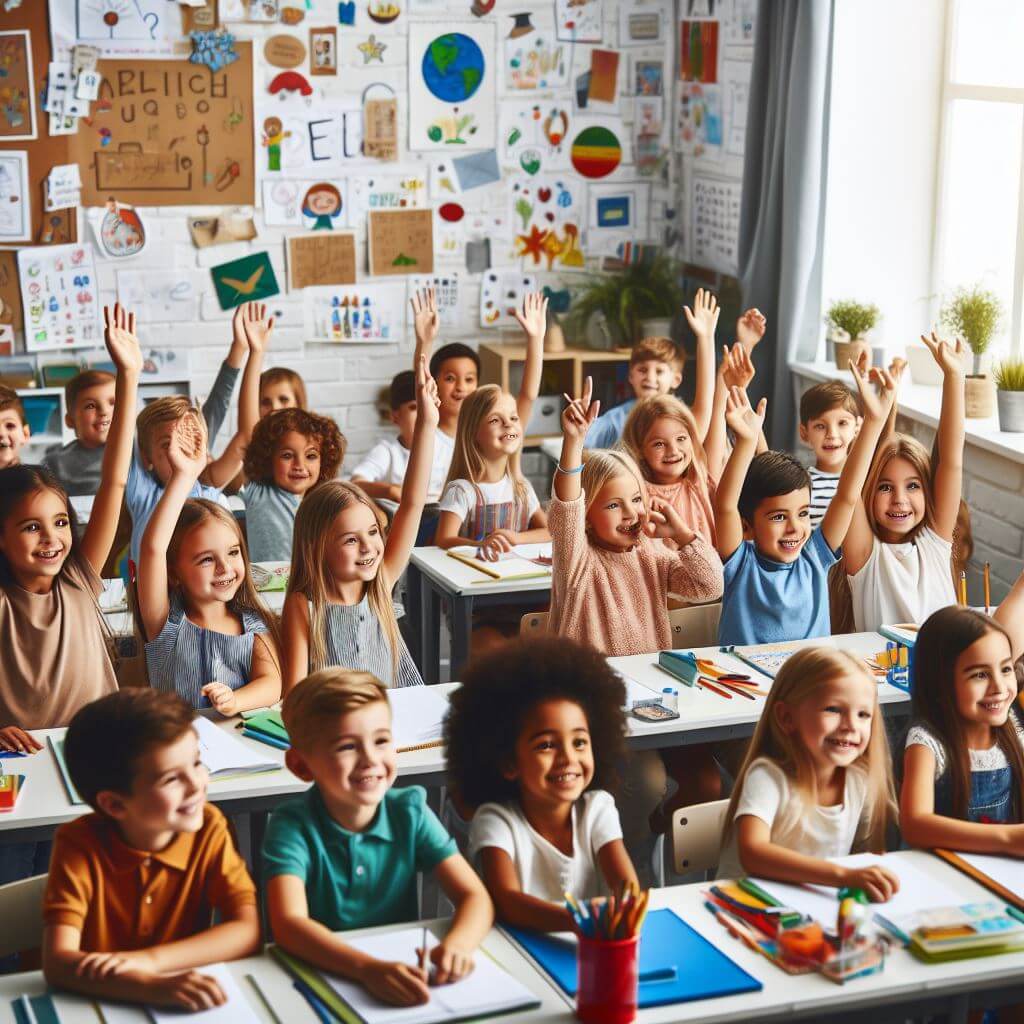
Cross-cultural playdates have become increasingly significant in today’s globalized society. These gatherings where children interact with peers from various cultures offer a myriad of benefits which contribute to a child’s holistic development. Play, considered the language of childhood, serves as a critical platform for learning and growth. When play intersects with cultural diversity, the educational experience is further enriched.
It is essential for children to grow up with an understanding and appreciation of the various cultures that make up our global community. Multicultural playdates provide this exposure and go a long way in shaping young minds to be more open, inclusive, and adaptable.
Children’s cultural exchange through play can lay down the foundations for a lifetime of positive social interactions. When kids participate in activities with others who may speak different languages, or who have different traditions and customs, they naturally begin to cultivate respect and curiosity about differences. This can propel their social skills to new heights as they learn to communicate and collaborate with a variety of personalities and backgrounds.
Diversity in playdates encourages children to think beyond their own experiences. They are given the chance to observe and take part in games, foods, music, and stories that are not part of their day-to-day life. These experiences can spark a sense of global citizenship from a young age, fostering a generation of individuals who see themselves not just as part of a local community, but as members of a vast, varied, and vibrant world culture.
The Benefits of Multicultural Playdates on Emotional Intelligence
Emotional intelligence is a critical aspect of a child’s development. It encompasses the ability to understand and manage one’s own emotions as well as empathize with others. Cross-cultural playdates serve as a natural classroom for emotional intelligence. As children interact with peers from different cultures, they encounter a broader range of emotional expressions and responses. They begin to recognize that while outward expressions might differ, the fundamental emotions – happiness, sadness, fear, and excitement – are common to all. This fundamental realization encourages empathy and can help to diminish prejudices later in life.
Cognitive Development Through Cultural Diversity
Multicultural playdates also have a strong impact on cognitive development. Children who engage with a variety of cultural practices and languages can enjoy cognitive advantages, such as enhanced problem-solving skills and creativity. Exposure to different cultures encourages children to think in a more complex, abstract way as they begin to understand that there are multiple ways to approach a task or solve a problem. This can be seen in simple play activities where children might be exposed to different rules for games or varied methods of storytelling that reflect cultural idiosyncrasies.
Language Skills and Cross-cultural Playdates
One of the most practical benefits of diversity in playdates is the opportunity for children to learn new languages. Multilingualism is an incredibly valuable skill, and the immersive, natural language exposure provided in a playdate setting can be far more beneficial than formal language lessons. Children pick up on new words and phrases as they engage in play, often learning without even realizing they are doing so. This incidental learning is a stress-free way for children to enhance their linguistic abilities.
Building Inclusivity and Tolerance
Arranging playdates with children from different cultural backgrounds sets a strong precedent for inclusivity. Kids learn firsthand that friends can come from any race, religion, or country. This normalization of diversity is one of the most powerful tools against intolerance and discrimination. Through play, children learn to appreciate what makes their peers unique rather than fearing or ostracizing those differences.
Cultural competence refers to the ability to interact effectively with people of different cultures and socio-economic backgrounds. Children who frequently participate in multicultural playdates develop adaptability and become accustomed to navigating various cultural contexts. This skill is invaluable in today’s globalized workforce and society. Children who are adaptable are more likely to be confident and successful in unfamiliar situations, whether they are traveling abroad, working in diverse teams, or living in multicultural communities.
Long-term Social Benefits
Children who grow up engaging with a range of cultures are likely to carry forward the ideals of cooperation, respect, and unity into adulthood. This contributes to a more harmonious society with individuals capable of understanding and working across cultural divides. Such exposure helps to eliminate the ‘us-versus-them’ mentality, paving the way for social relationships built on mutual respect and shared humanity.
Cultural diversity and child development intersect directly on the plane of creativity. Engaging in a variety of cultural expressions through art, music, and play fosters a creative mindset that is open to new ideas and influences. Children exposed to different cultural practices can draw from a rich tapestry of experiences when problem-solving or creating. This blending of cultural influences can lead to innovative thinking and originality.
Healthy Lifestyle and Cultural Foods
Healthy lifestyles can also be promoted through cross-cultural playdates. Part and parcel of culture is cuisine, and participating in a playdate that includes sharing food can introduce children to a range of healthy eating habits and delicious dishes from around the world. This provides a practical lesson in nutrition variety and the role of food in cultural expression.
The advantages of organizing cross-cultural playdates are extensive. They provide a natural and enjoyable way for children to develop emotionally, cognitively, and socially while embracing the richness of diversity. By participating in these playdates, children learn to communicate effectively, think creatively, and live harmoniously within our diverse world. As they grow, they carry these skills with them, building blocks for a future in which cultural diversity is celebrated. Such foundational experiences are integral in nurturing well-rounded, culturally savvy, and empathetic individuals ready to contribute positively to our diverse global tapestry.

